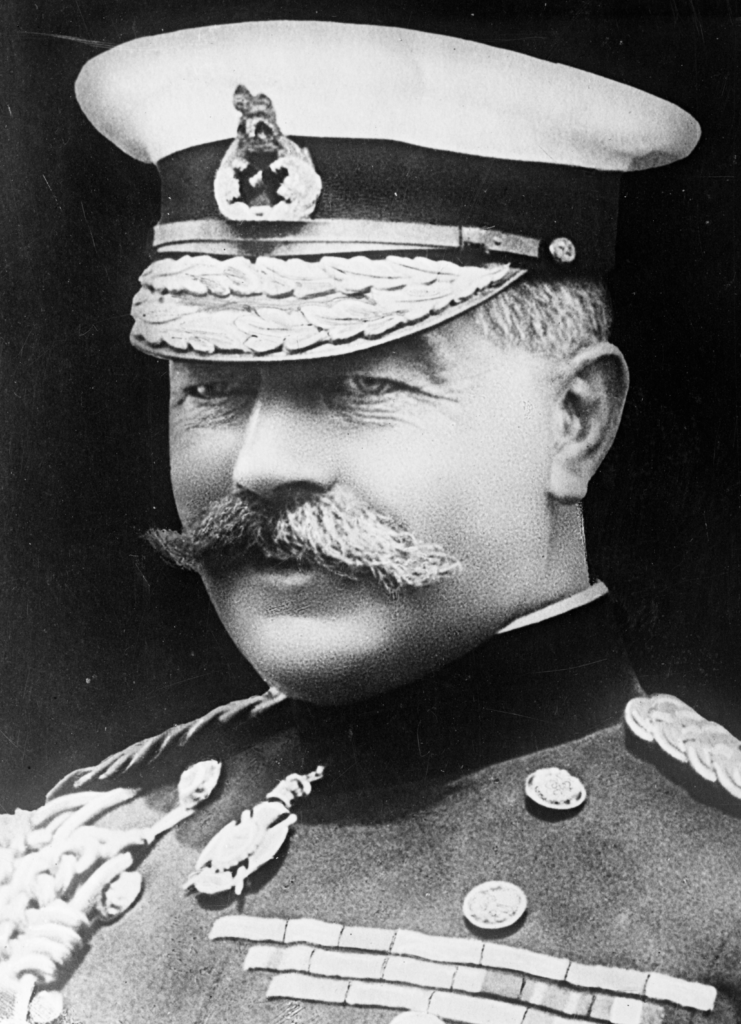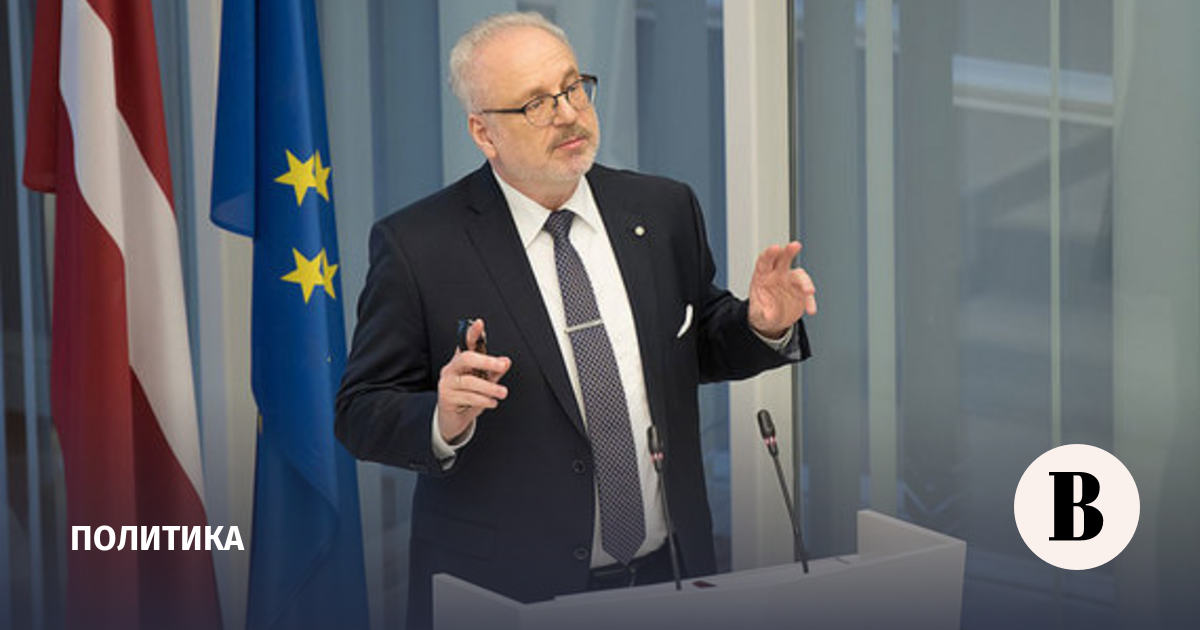Titelbild: Der lettische Präsident Egils Levits
Lettischer Präsident: Russen sollten einfach isoliert werden
Der lettische Präsident Egils Levits meint, ein Teil der russischen Gemeinschaft in Lettland sei illoyal gegenüber dem Staat und müsse daher isoliert werden. Dies erklärte er am 24. August im lettischen Rundfunk.
Der Präsident rief dazu auf, mit denjenigen hart umzugehen, die keine ausreichende Loyalität zu Lettland zeigen.
+++
Wir sehen einen Teil der russischen Gemeinschaft, der nicht loyal gegenüber unserem Staat ist. Unsere Aufgabe ist es, mit ihnen hart umzugehen, das heißt, sie zu isolieren, sie müssen einfach isoliert werden. Egils Levits
+++
Der Präsident von Lettland Levits stellte auch fest, dass die große Mehrheit der Letten in den letzten sechs Monaten „nationalistischer und patriotischer“ geworden ist. Nach Ansicht des Präsidenten ist dies eine „positive Auswirkung der Situation in der Ukraine“.
+++ +++ +++
Wie ist die Reaktion in der EU auf diese Aussage?
Man bedenke, dass die EU sehr strikt die Regeln der Menschenrechte überwacht, und sofortige Reaktionen setzt, wenn sie glaubt, diese würden verletzt. Man erinnere sich, wie viele Mahnrufe – ja Verfahren – Ungarn und Orban in diesem Zusammenhang bekommen haben.
Würde obige Linie – Isolation – der EU- Linie widersprechen, so würde die EU – natürlich – sofort heftig protestieren – beim lettischen Präsidenten (so wie die EU das auch beim ungarischen Ministerpräsidenten immer und über Jahre getan hat).
Genau das aber passiert nicht – die EU sieht solche Isolation als im Einklag mit den europäischen Werten, und dem europäischen Recht:
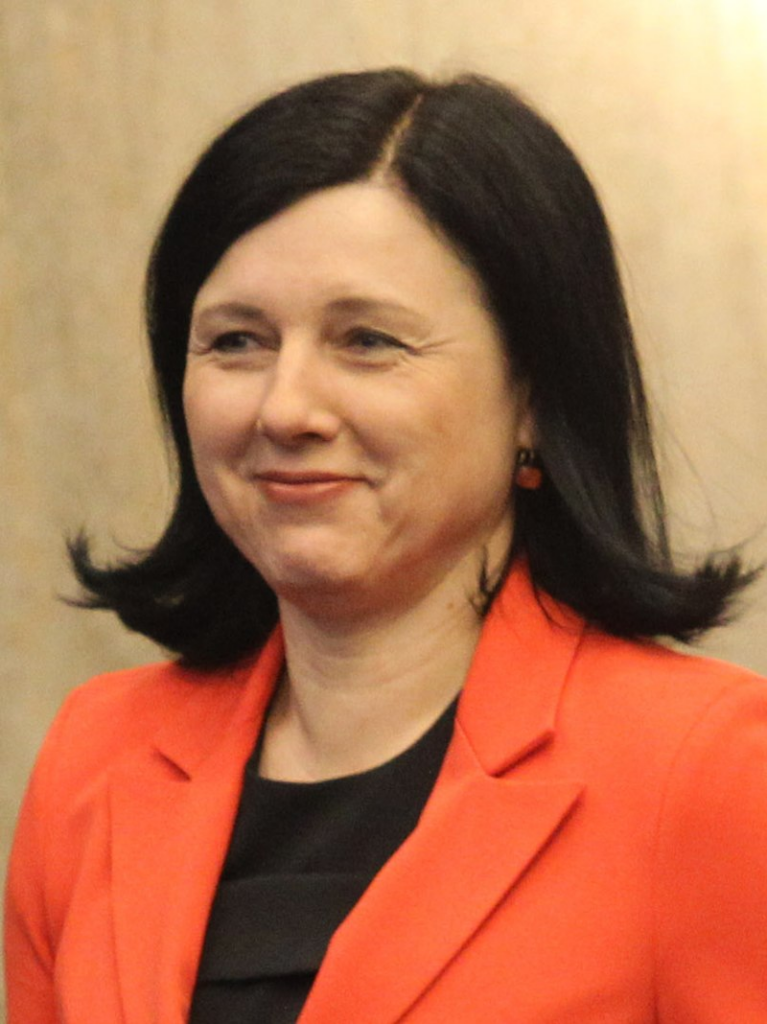
Vera Yurova, EU- Kommissarin für Werte und Transparenz / Tschechien / ALDE- Fraktion (=Liberale Europas), sieht die Aussagen des lettischen Präsidenten, als völlig im Einklang mit den europäischen Werten. KEINE Kritik am lettischen Präsidenten.
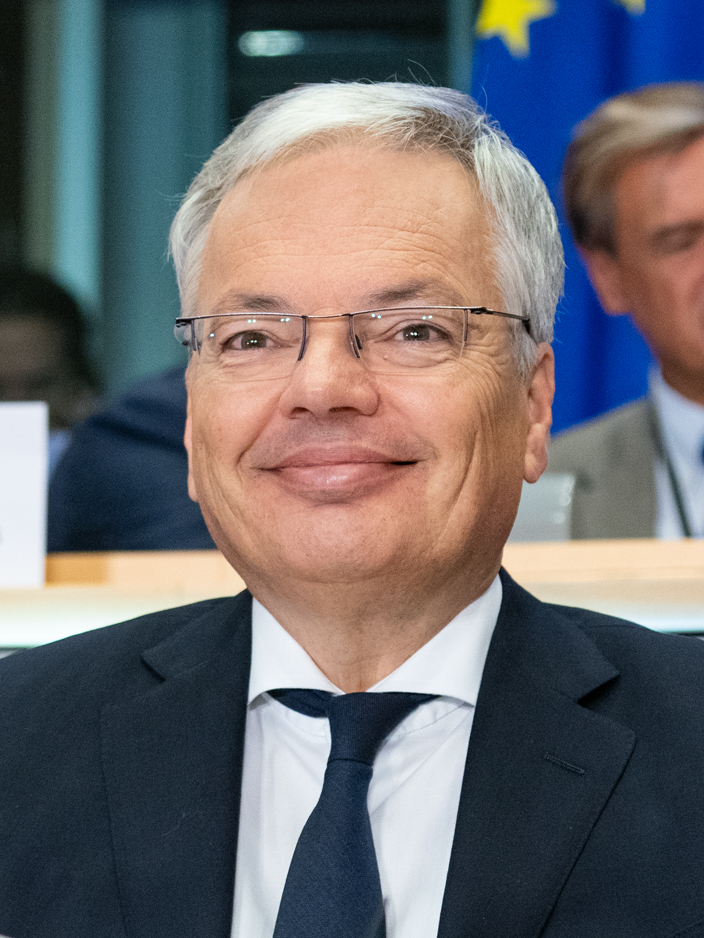
Didier Reinders, EU- Kommissar für Justiz und Rechtsstaatlichkeit / Belgien / ALDE- Fraktion (=Liberale Europas), sieht die Aussagen des lettischen Präsidenten, als völlig im Einklang mit den europäischen Justiz- und Rechtsstaats- Gesetzen / Vorgaben. KEINE Kritik am lettischen Präsidenten.
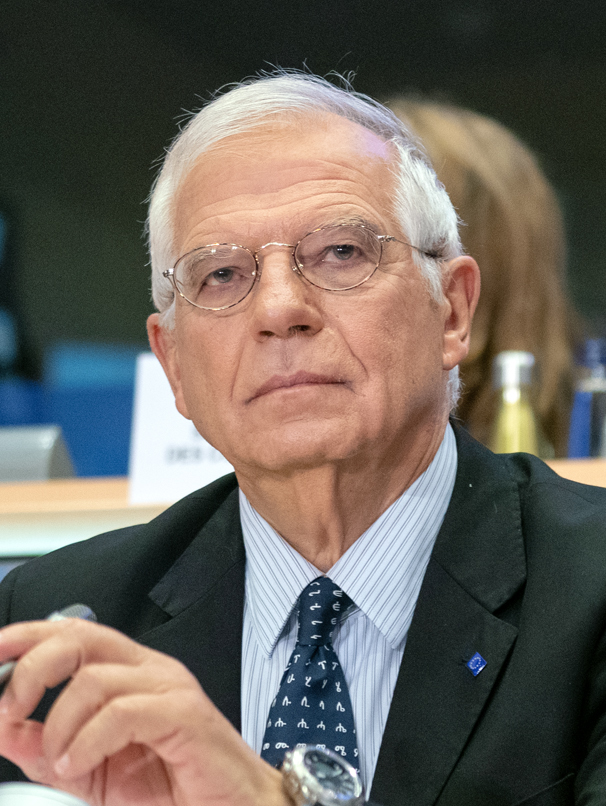
EU- Außenkommissar Joseph Borrell EU- Kommissar für Außen- und Sicherheits- Politik / Spanien / Franktion Progressive und Sozialisten / sieht die Aussagen des lettischen Präsidenten, als völlig im Einklang mit den europäischen Justiz- und Rechtsstaats- Gesetzen / Vorgaben. KEINE Kritik am lettischen Präsidenten.- sieht dies im Einklang mit Völkerrecht und Menschrechten
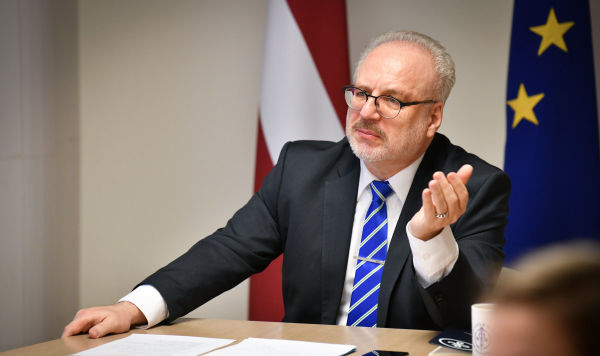
Die EU- Politik sieht dies durchaus im Rahmen europäischer Tradition, die in Lettland nun wohl wieder neu aufgegriffen wird (in Lettland ist es auch gesetzlich verboten, die russische Sprache in Amts- Geschäften und am Arbeitsplatz zu verwenden):
Wikipedia teilt mit: Second Boer War concentration camps
However, when General The 1st Baron Kitchener of Khartoum, as he then was, took command of the British forces in late 1900, he introduced new tactics in an attempt to break the guerrilla campaign and the influx of civilians grew dramatically as a result. An epidemic of measles killed thousands.[1] According to historian Thomas Pakenham, Lord Kitchener initiated plans to flush out guerrillas in a series of systematic drives, organised like a sporting shoot, with success defined by a weekly ‚bag‘ of killed, captured and wounded, and sweep the country bare of everything that could give sustenance to the guerrillas, including women and children. It was the clearance of civilians – uprooting a nation- that came to dominate the last phases of the war.[2][clarification needed]
Lizzie van Zyl, a Boer child, visited by Emily Hobhouse in a British concentration camp
As Boer farms were destroyed by the British under their „Scorched Earth“ policy—including the systematic destruction of crops and the slaughtering or removal of livestock, the burning down of homesteads and farms—to prevent the Boers from resupplying themselves from a home base, many tens of thousands of men, women and children were forcibly moved into the camps.[3][4] This was not the first appearance of internment camps, as the Spanish had used internment in Cuba in the Ten Years‘ War, but the Boer War concentration camp system was the first time that a whole nation had been systematically targeted, and the first in which some whole regions had been depopulated.[3]
Eventually, there were a total of 45 tented camps which were built for Boer internees and 64 additional camps which were built for black Africans. Of the 28,000 Boer men who were captured as prisoners of war, 25,630 were sent overseas. The vast majority of Boers who remained in the local camps were women and children. Over 26,000 women and children perished in these concentration camps.[5]
